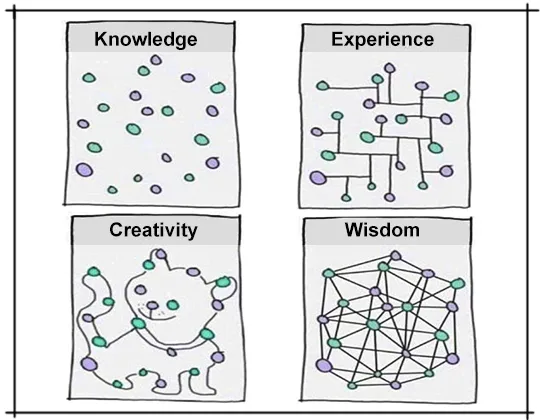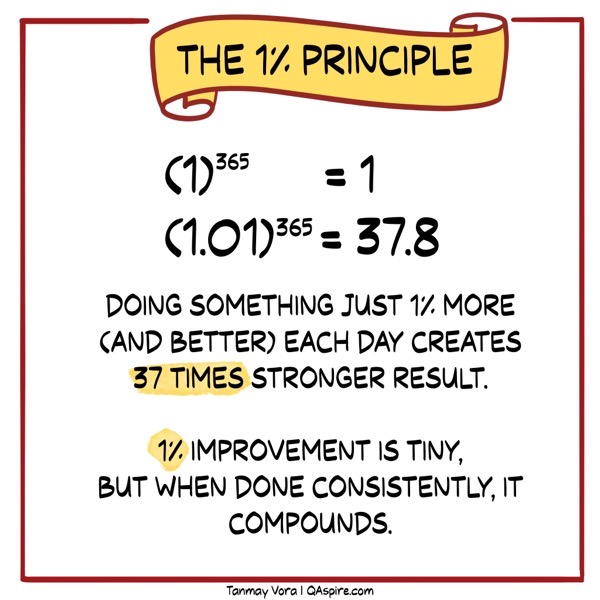The world we live in rewards the “appearance of success”.
You gain attention by driving a fancy car, even when the car is 100% financed. Appearance matters more, not the substance. Same is true for someone who has a fancy designation, even when he/she does not love the job. They pull on because that is what they think is valued by others.
Living a life to simply “appear successful” is a treadmill that we need to get off. True wealth is simplicity.
N. R. Narayan Murthy, the founder of Infosys drove a Maruti 800 to office when many of his employees drove fancy and expensive cars. NRN once said that my job is to create wealth for others, not appear wealthy. Warren Buffet is known for being the richest man with a rather humble lifestyle.
Real success and wealth are silent.
But how do you find independence from such a sticky and invisible treadmill of living to other’s expectation?
Two things come to mind immediately:
1) Do the work you love for the cause that you care for. Sure, it takes time and experimentation to find the work you truly love but it’s worth the effort. Doing work that you don’t enjoy drains you.
2) Live below your means: Real indepence from the treadmill of appearing successful is to live a modest life. People take expensive loans to buy things they don’t need to impress people who don’t care using money they don’t really have. What’s the point? Enjoy the fruits of your labor, but always be mindful that you save/invest enough before you spend.
If you can do the work you love and learn to spend less than you make, you’ll be okay. You won’t appear successful, but who said success is about appearance?
Success is about balance, remember?
43/366

